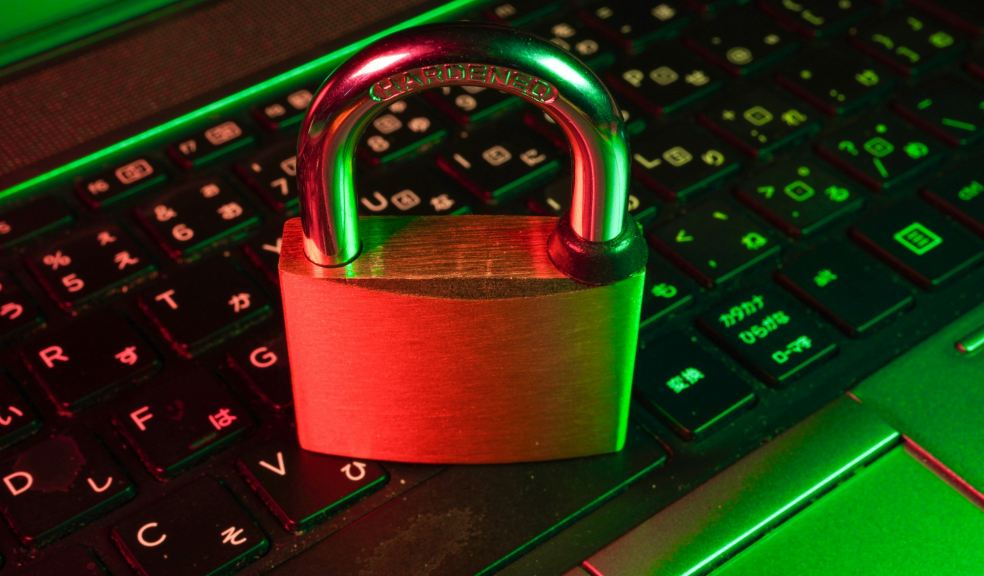
Essential Cybersecurity Practices for Local Business Owners
Local businesses are increasingly becoming targets for cybercrime. Remember that criminals don’t just go after large corporations. They know that small and medium-sized businesses often have weaker security in place.
If you run a local business, you need to take cybersecurity seriously. The cost of a data breach or cyberattack can be devastating. Keep reading to learn how you can protect your business.
Understand the Risks Facing Your Business
Cybersecurity is not only about stopping hackers. It is about protecting your systems, your customers, and your reputation. Whether it is stolen passwords, ransomware, or phishing emails, threats come in many forms. Understanding these risks is the first step to dealing with them.
Partnering with trusted experts like Equilibrium Security can help you develop a strong defence by tailoring solutions to your specific business needs.
Use Strong Passwords and Authentication Methods
Simple passwords are easy for attackers to crack. Make sure you and your staff use strong, unique passwords for every account. Better still, use a password manager to generate and store them securely.
Always enable multi-factor authentication (MFA) wherever possible. This adds an extra layer of protection, making it much harder for unauthorised users to gain access.
Keep Your Systems Updated
Outdated software is a common way for hackers to break in. Make it a routine to update your operating systems, antivirus programs, and all other essential software. You can also enable automatic updates to make this easier.
Ignoring software updates leaves you open to threats that have already been fixed by developers.
Train Your Staff on Cybersecurity Basics
Your staff is your first line of defence. A single careless click on a dodgy email link can compromise your entire network.
Teach your employees how to spot phishing attempts, avoid risky websites, and handle customer data responsibly. Consider regular training sessions or enrolling them in a cyber awareness programme.
Backup Your Data Frequently
Always back up your files and systems. Use cloud-based backup services or external drives and make sure the process is automated. If your business suffers a cyberattack or hardware failure, you can quickly recover your data and reduce downtime.
Secure Your Wi-Fi and Devices
Start by changing default Wi-Fi passwords and hiding your network name if it doesn’t need to be publicly visible. Strengthen your setup further by enabling encryption and securing routers with strong, unique admin credentials.
Extend this level of protection to your devices by ensuring all company equipment is locked with passwords or biometric access. To safeguard against malware and other threats, install reputable antivirus software on every machine and keep it consistently up to date.
Monitor Your Systems for Suspicious Activity
Install monitoring tools that alert you to suspicious logins or unauthorised changes. Regular audits can help you catch threats early and keep your systems in good shape.
In addition, many companies are now adopting assumed breach testing strategies. This involves testing systems as if a hacker has already breached them, offering more realistic insights into your security gaps.
Why Taking Action Today Matters
Cyberattacks are not a matter of “if” but “when.” By adopting these essential practices, you are putting yourself in a much stronger position. You do not need a huge budget to improve your cybersecurity. Start with the basics, stay informed, and get expert advice when needed.
Protect your business now so that you do not have to recover from a costly mistake later.











